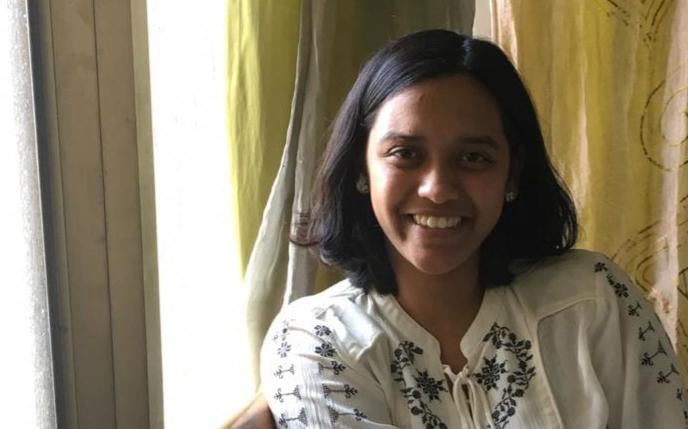Course information
Length
1 year full-time or 2 years part-time
Course overview
The MA Cultural Policy, Relations and Diplomacy is a trans-disciplinary programme that addresses the theory and practice of cultural policy, cultural relations, and cultural and public diplomacy.
This broad area of study and the terminology applied to it is fluid and expanding. Having culture as the underlying thread, the programme explores areas such as:
- arts policy and management
- globalisation
- cultural relations
- public diplomacy
- cultural and arts diplomacy
- external communications
- place branding
This will provide a unique perspective into this field of study, and will examine topics such as mobility of cultural practitioners, cultural identity, intercultural dialogue, mutuality, propaganda, soft power, hegemony, influence and perceptions.
Goldsmiths' location provides you with a unique experience of living in a multicultural world city, which is of great relevance to the study of cultural policy, relations and diplomacy.
You'll study in the Institute for Creative and Cultural Entrepreneurship (ICCE). ICCE's individual and institutional links with an extensive network of organisations, policy advisors and cultural practitioners in those areas in London and in Europe allow you to experience exceptional research and study resources.
Industry links
ICCE’s established organisational links include, for example, the British Council, Visiting Arts, EUNIC London Hub and Demos. ICCE is also a member of ENCATC (the leading European network on Cultural Management and Cultural Policy education). The Institute is also responsible for fostering the sharing of information and discussion of issues related to international cultural relations across disciplines on the JISCMail list cultural-relations-diplomacy.
Expert staff and invited professionals
Our staff and invited academic and professional experts will enhance your learning. They'll discuss relevant literature and will present case studies and practical examples with local, national and global dimensions involving a range of individuals and organisations, including corporations, governments, international bodies and NGOs.
Contact the department
If you have specific questions about the degree, contact ICCE.







